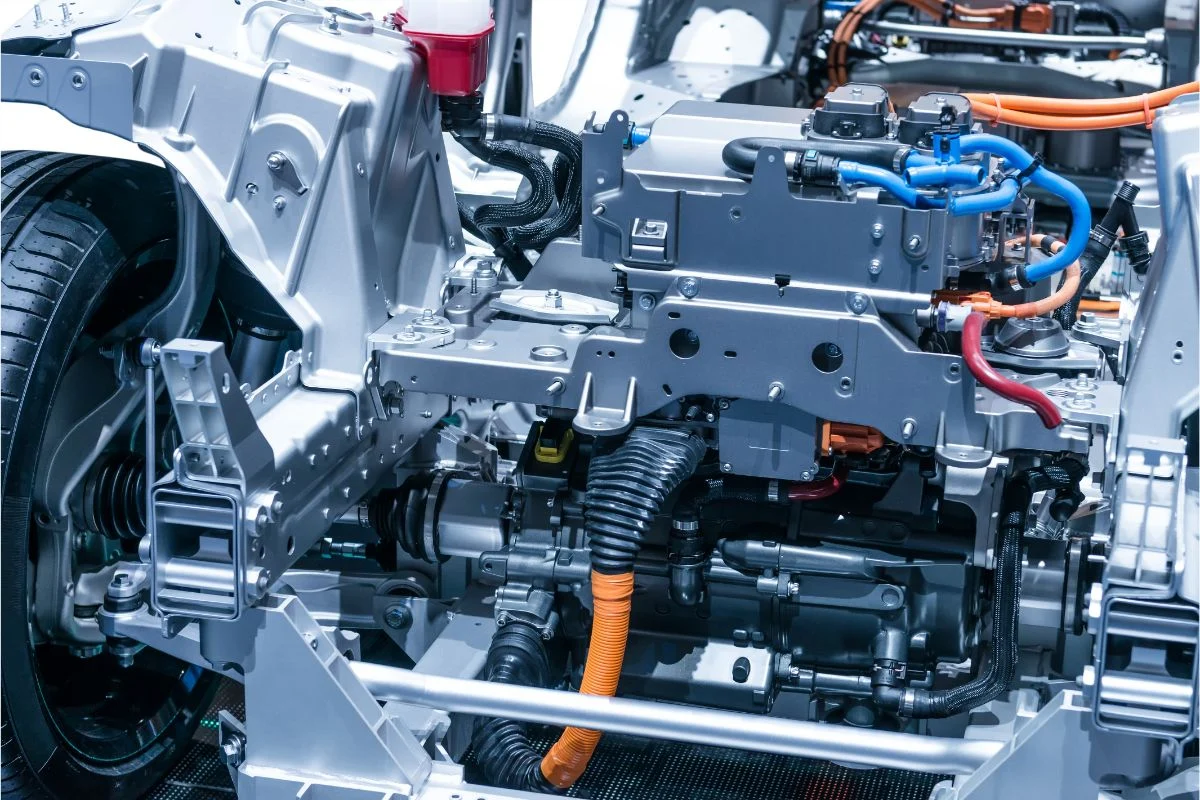Classic car owners looking for sustainable transportation solutions without incurring high upfront costs can now adopt electric transportation by using EV conversion kits to transform their classic cars into electric transportation options that reduce carbon emissions and fuel expenses. These conversion kits also meet growing consumer demand for sustainable vehicles that cut carbon emissions.
Additionally, public and private charging infrastructure heavily influences customers’ decisions to purchase an EV conversion kit, making their purchase highly dependent upon these facilities’ existence. As a result, this market relies heavily on them.
Cost
Converting an electric vehicle (EV) provides an economical alternative to buying or leasing new. Plus, the reduced maintenance requirements make this an efficient solution.
An upfront investment is necessary when purchasing a quality kit. To maximize value, select a company known for providing reliable components and high-performance solutions with warranties coverage and customer support services.
Additionally, it’s essential to evaluate your technical proficiency and comfort level with DIY projects, as converting an existing car requires intensive work. Furthermore, choose a kit compatible with your particular make and model vehicle or else risk diminishing resale value or incurring costly errors.
Performance
Volatility in fuel prices has long been seen as a driving factor of market dynamics, prompting consumers to seek alternative power options such as electric vehicle conversion kits that allow motorists to transition towards eco-friendly and cost-efficient vehicles.
New battery and electric motor technologies offer enhanced performance for converted vehicles, leading to longer driving range and faster charging times and stimulating further interest in this market segment.
Though some aftermarket device manufacturers claim their conversion systems will work with any conventional car, often these devices require specialist technical knowledge for installation and operation. Furthermore, installing unapproved aftermarket parts may void your original warranty on your vehicle.
Conversely, EV conversion platforms like Hypercraft offer straightforward solutions that work with almost any car. Their physical components such as motors, batteries and wiring come together seamlessly in their software solutions to provide efficient efficiency and environmental sustainability. Plus they offer premium conversion kit options that offer enhanced efficiency and sustainability!
Range
Electric vehicle conversion kits have become an increasingly popular hobby, offering drivers a way to electrify classic vehicles as part of a hobby or cost-cutting measure due to fuel price volatility. Converting vehicles to electric power may offer drivers a cost-saving alternative that’s both enjoyable and economical.
Bosch recently unveiled an electric drive system designed for cars, trucks and vans that integrates motor, power electronics and gearbox components into one single package – offering improved performance and efficiency during EV conversion projects.
Current EV Motors, another newcomer to the market, provides kits for classic Ford Bronco SUVs and Scout trucks with kits featuring small batteries providing up to 100 kms of range per charge before returning back to gasoline power. In the future, Current EV Motors plans on extending this offering of conversion kits with plans of offering kits tailored specifically towards classic vehicles; such kits would revitalize cars otherwise put out to pasture.
Availability
Converting to electric vehicle (EV) conversion kits can boost sustainability efforts, inspire creativity, and allow individuals to personalize their experience with electric transportation. But successful conversions require technical expertise and selecting eco-friendly components for optimum eco-conscious transportation solutions.
DIY conversions offer many advantages that reduce upfront vehicle purchase costs while simultaneously increasing its lifespan, helping to promote sustainability by decreasing car production and resource consumption.
DIY conversions often have lower resale values and do not come with manufacturer warranties, leading to higher maintenance costs in the long run. By contrast, factory-produced EVs are built to high standards with reliable performance and optimized efficiency; typically offering warranty coverage and customer support – major reasons for consumers opting for conversion kits in Asia-Pacific market due to government incentives promoting electric mobility that have led to their surge in popularity.


